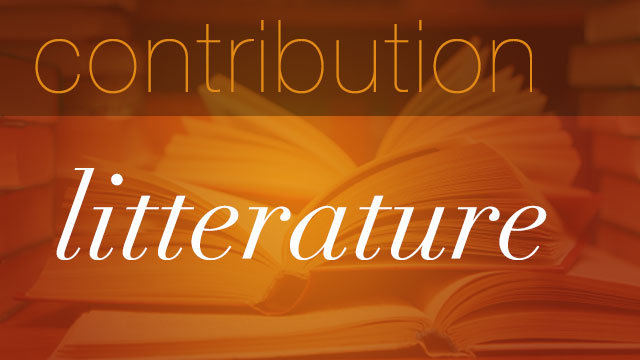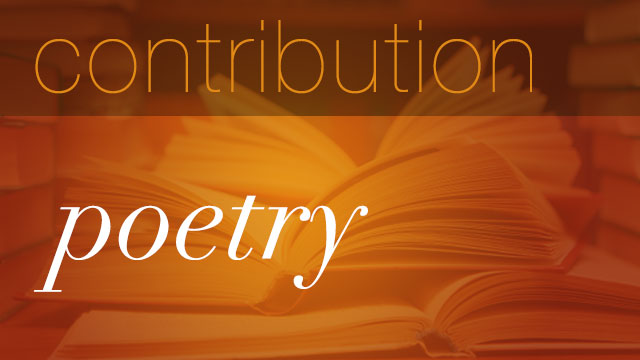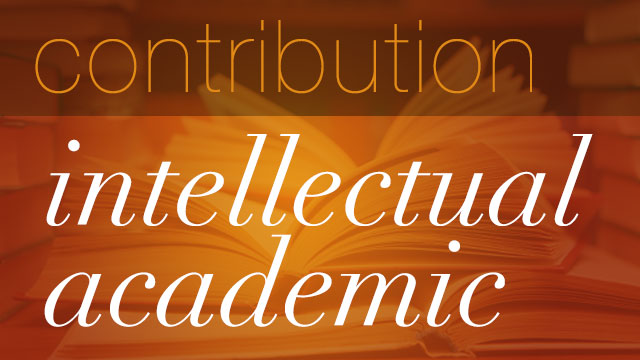All opinions are that of the author and not necessarily those of the website that it is published under.
One would hope that our civil societies of today are founded on an ethical balance of rights and responsibilities encompassing citizens whom in every situation, incident or eventuality are equipped, capable and able in some way or form without any predicted or enforced measure to contribute or assert their civility. Such active civility can have an inspirational potential to highlight, support, uphold and remind the self and others of our individual and simultaneous rights and responsibilities as communities and societies, especially in times of confusion and fear. Determined courageous pursuits of visionary civility in our societies take effort and zeal but most often involve a demanding fortitude, patient attitude and a formidable sacrificial nature sealed by an imperative and fundamental drive to better shared communities and societies, enhance integrated functionality and spur collaborative transformational objectives to transcend in shared mutual humanitarian existence.
Civil societies are an essential foundation and can be an evolving reality of shared humanitarian progress, one that rests balanced by the expectations of citizens in relation to their basic ‘safety’, ‘wellbeing’ and ‘human-being’ as individuals, families and communities. This is balanced with what denotes and resembles an active, lucid and transparent participation and interaction framed within a shared respectful and principled approach to reaching mutual cohesive understandings and assertive conducive actions that only further inspire and mobilise individuals and communities. Tensions arise through unforeseen situations and circumstances and sometimes even through wholehearted well intended mutual dialogical experiences, but it is a bound principled and ethical approach to each unfolding interaction that despite even the gravest of moments can leave openings for recovery, re-engagement and reconciliation albeit in acknowledged recognition of the experiential and consequential changes, advances and outcomes that evolve over distance and time.
Ethics become the very essence of the presence any active civility maps and marks in an evolutionary sense of societal progression towards visible facets of shared dignity, equality, integrity and individuality. Every community and society requires visibly and actively owned ethics, identified, contextualised and embedded into the very integral, moral and social fabric of every day existence, closely aligned and pieced together by inter-relational and connective threads of any community or society’s similarities and intricate differences. This ethical fabric both in essence and presence becomes the strong hold in moments of unseen and unknown tenuous tears of vulnerability when questions, speculation, doubt, distanced differentiation and separation become the over powering components. Within such confused uncertainty and atmospheric alienation, ethics in bounds of visible civility remain the core shared anchor of a community’s or society’s existence, highlighting a path of reminders to enable forms of recovery or return to a known pre-established stability.
Rights are the very first equation of the balance of an ethical community or society. Often and seemingly referred to as an essence of freedom, rights in visible presence, uphold the dignity, equality and integrity of each and every citizen whilst respectfully acknowledging and safeguarding each and every individuality of ‘being’. A civil society can only exist on the prerequisite of ‘equal rights’ that serve and preserve fundamental values of respected human ‘being’, ‘existence’ and ‘co-existence’. Rights bear a premise of ‘safety’ and ‘well-being’, two key functional elements without which a citizen is left marginalised and even excluded from inclusive existence and active participation in their community or society, let alone feeling marginalised from the experience of their own inter-relational existence in ‘being’. Rights are a citizen’s dignified safety to remain in experience of their ‘being’.
Responsibilities are the second equation of the balance of an ethical community or society. As much as individuals, communities and societies expect if not demand that rights are their fundamental pre-requisite to ‘being’, ‘existence’ and ‘co-existence’ in a civil society, responsibilities are as equally and fundamentally crucial to the continued existence, evolving transcendence and collaborative progression of any civil community or society. In order to uphold and preserve ‘rights’, citizens must assume ‘responsibility’ both individually and simultaneously for actively and purposefully engaging, participating and promoting the very nature of a civil society. Responsibilities have a shared co-existence in hand with the rights citizens assume. Where a ‘right’ exists, a ‘responsibility’ co-exists. One is fundamental to the other and therefore responsibilities require the same if not more of an energetic and assertive serve to ensure that the measure of rights to responsibilities are never outweighed but actively balanced to reflect the dynamic but absolute inter-relation. Responsibilities become even more heightened in times of confused uncertainty and where such circumstances and situations arise, strengthened and resilient shared notions of active responsibilities direct and fuel focus towards mutual betterment. Responsible active civility repairs unforeseen drifts, bridges and re-bridges similarities whilst opening plains for respectfully identifying and discovering notions of differences. Recovery in such an active form of civil society can heal and inspire.
Citizens of communities and societies are the very initiators of shared human betterment through their active participation, engagement and contribution to upholding the essence of ‘dignity, integrity, equality and individuality’. This fundamental essence of ‘being’, ‘existence’ and ‘co-existence’ must be actively fulfilled with purposeful measures of presence and participation in opportunities of co-learning and co-advancement. Honesty and trust in unforeseen vulnerable situations and circumstances must be utilised more often, as the unseen bind of civility, in order to open and re-open doors of shared dialogue as well as engage and re-engage in plains of shared, well intended, purposeful, progressive and affirmative actions. When heightened uncertainty and fear become the underlying tone of a community or society, all citizens should assume responsibly and actively to revert to the simplicity of their community or society’s continued serve, preserve and adherence of shared ‘rights and responsibilities’ in order to drive through complexities and ambiguity with a well intended and hopeful reach for peace. Individuals, families, communities and societies are the very heart of our humanity’s absolute and resolute civil whole as well as the dignified balance of futures to come.
All opinions are that of the author and not necessarily those of the website that it is published under.





